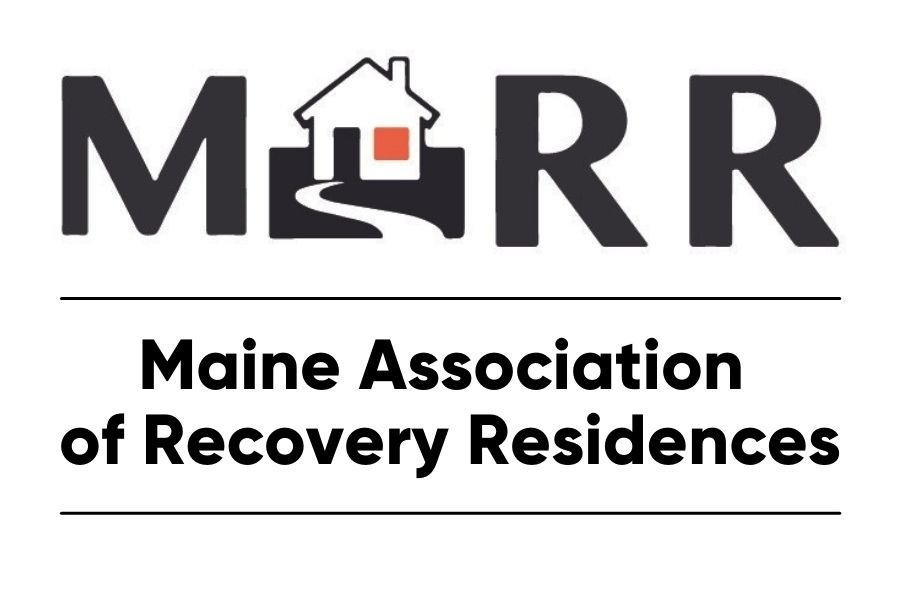Overdose Prevention and Education Toolkit
In 2020, there were 631 confirmed opioid overdose fatalities and 90% of those deaths were due to accidental opioid poisoning*.
MARR-certified residences have reported 10 opioid overdose reversals among residents, with zero fatalities, since January 2022. We have only anecdotal information about fatalities that occur after a resident has withdrawn from a house and returned to using substances. However, we know that recurrence of use, after a period of abstinence, along with a contaminated and inconsistent supply of illicitly produced fentanyl, are primary risk factors for opioid overdose.
MARR’s overdose prevention strategies include an Overdose Response Protocol policy requirement for certification and providing naloxone to house operators free of charge through the State of Maine Naloxone Distribution Initiative. In 2021, MARR received funding from the Pew Charitable Trust to create a Safety and Wellness Program based on training nominated peers to support other house residents by providing confidential, peer-to-peer safety planning, naloxone, overdose risk identification and linkage to community resources.
MARR’s Overdose Prevention and Education Toolkit promotes safety and encourages community-based education and support for recovery residences in Maine.
Below you can follow the links to the documents featured in the toolkit.
Overdose Prevention Recommendations and Checklist
